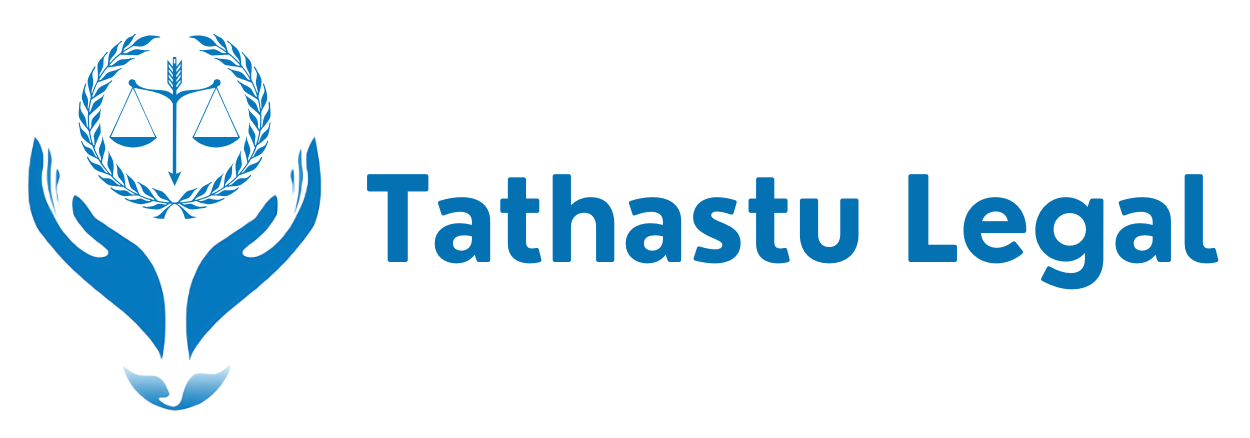The rapid advancement of digital finance has placed the United Arab Emirates (UAE) at the forefront of the global cryptocurrency sector. With a forward-thinking economic strategy and adaptable regulatory framework, the UAE has actively embraced blockchain technology and virtual assets as part of its vision to become a leading financial hub. However, as the crypto market grows, individuals and businesses must navigate a complex legal environment to avoid potential criminal liability.
Regulatory Framework for Cryptocurrency in the UAE
The UAE has established a robust legal system to regulate virtual assets, with key oversight bodies including the Securities and Commodities Authority (SCA), the Dubai Virtual Assets Regulatory Authority (VARA), and the Central Bank of the UAE (CBUAE). These entities play a crucial role in ensuring compliance and protecting investors from financial crimes.
A fundamental piece of legislation governing digital assets is SCA Decision No. (23/R.M) of 2020, which outlines the rules for issuing, listing, and trading cryptocurrencies. Under this regulation, businesses involved in cryptocurrency activities must obtain a licence from the SCA to operate legally. Further strengthening the regulatory landscape, Cabinet Resolution No. (111) of 2022 mandated that all crypto-related businesses adhere to strict licensing requirements.
Federal Decree-Law No. 34 of 2021 on Cybercrime further criminalises the promotion of unlicensed cryptocurrency investments and fraudulent schemes. Specifically, Article 48 of this law prohibits the advertisement of unregulated virtual asset trading, imposing severe penalties on violators. Additionally, stringent Anti-Money Laundering (AML) and Counter-Terrorism Financing (CTF) laws require businesses and individuals dealing in crypto transactions to follow due diligence protocols and report suspicious activities.
Dubai has further reinforced its regulatory framework through initiatives such as the Dubai Multi Commodities Centre (DMCC) Crypto Centre, providing a structured environment for cryptocurrency entrepreneurs while maintaining compliance with financial security laws.
When Does Cryptocurrency Trading Become a Criminal Offense?
While personal cryptocurrency trading is generally legal in the UAE, certain actions can lead to criminal liability, particularly those that involve financial misconduct, fraud, or violations of licensing regulations.
1. Unlicensed Cryptocurrency Trading and Business Operations
Conducting cryptocurrency-related activities without proper regulatory approvals is a legal offense in the UAE. Individuals or businesses engaged in crypto asset trading, exchange services, or financial intermediation must secure licences from authorities such as the SCA or VARA. Operating an unlicensed exchange, brokerage service, or facilitating over-the-counter (OTC) trades without approval can lead to heavy fines and imprisonment.
2. Fraudulent Cryptocurrency Schemes and Investment Scams
Fraud remains a significant concern in the cryptocurrency sector, with deceptive practices such as Ponzi schemes, pump-and-dump scams, and fake digital asset exchanges leading to financial losses. UAE law classifies these schemes as financial fraud, imposing strict penalties, including imprisonment and fines, on those found guilty.
3. Cryptocurrency and Money Laundering Risks
The pseudo-anonymous nature of cryptocurrency transactions makes them vulnerable to money laundering. The UAE’s AML and CTF regulations prohibit the use of digital assets for concealing illicit funds. Non-compliance with these regulations can result in asset seizures, financial penalties, and criminal prosecution. Businesses involved in cryptocurrency must implement Know Your Customer (KYC) procedures, report suspicious transactions, and maintain transparency.
4. Unauthorised Transactions Using Cryptocurrency
Engaging in illegal activities such as purchasing banned goods, financing criminal enterprises, or evading financial sanctions using digital assets is strictly prohibited under UAE law. The country’s cybercrime legislation ensures that individuals or businesses involved in illicit crypto transactions face severe legal consequences.
5. Misrepresentation and False Advertising of Crypto Investments
Promoting unlicensed cryptocurrency investment opportunities, providing misleading financial advice, or engaging in deceptive advertising related to digital assets is an offense under Article 48 of Federal Decree-Law No. 34 of 2021. Violators can face financial penalties and imprisonment if their actions result in investor losses.
6. Smart Contract Exploitation and Cybercrime
As blockchain technology advances, issues such as smart contract manipulation, hacking, and unauthorised access to digital wallets have emerged as critical concerns. UAE law treats cybercrime-related offenses with utmost seriousness, imposing strict penalties on individuals engaging in crypto-related hacking, theft, or fraud.
Legal Precedents and Judicial Clarifications
Recent court decisions have provided further clarity on cryptocurrency trading laws in the UAE. In a landmark ruling by the Dubai Court of Cassation in 2024, personal crypto trading—where individuals buy and sell digital assets for their own accounts—was deemed permissible without licensing. However, engaging in commercial activities such as operating a trading platform or offering financial services involving virtual assets requires regulatory approval.
Additionally, a 2023 ruling by the Dubai Appeals Court upheld significant penalties in a cryptocurrency fraud case, reinforcing the UAE’s commitment to combating financial crimes.
Best Practices to Avoid Criminal Liability
To operate within the legal framework, individuals and businesses involved in cryptocurrency must adhere to regulatory requirements:
- Obtain the necessary licences for commercial crypto activities, including investment management and digital asset custody.
- Comply with AML and CTF regulations, ensuring transparency in transactions and conducting proper due diligence.
- Stay informed about evolving legal requirements to avoid inadvertent violations.
- Use regulated cryptocurrency exchanges to mitigate financial security risks.
- Seek legal counsel to navigate complex regulations and ensure full compliance.
The Economic Impact of Cryptocurrency in the UAE
Despite regulatory challenges, the UAE’s proactive stance on cryptocurrency regulation has driven significant economic growth. The nation’s tax-friendly policies have positioned it as an attractive hub for digital asset investment, drawing leading blockchain firms and financial institutions to establish operations within its jurisdiction.
The confidence in the UAE’s regulatory environment is evident, with financial giants like Standard Chartered launching digital asset custody services and major investment funds relocating their crypto operations to the region. This growth reflects the UAE’s commitment to balancing innovation with regulatory oversight, reinforcing its status as a global leader in blockchain finance.
Conclusion
The UAE’s regulatory approach to cryptocurrency trading seeks to foster a secure and transparent financial ecosystem while encouraging innovation. While personal crypto trading remains lawful, individuals and businesses engaged in broader digital asset activities must adhere to strict legal and compliance standards to avoid criminal liability.
As the cryptocurrency sector continues to evolve, staying informed about legal developments and practicing due diligence is essential. By aligning with regulatory frameworks, investors and businesses can confidently participate in the UAE’s thriving digital economy while ensuring compliance with legal standards.


